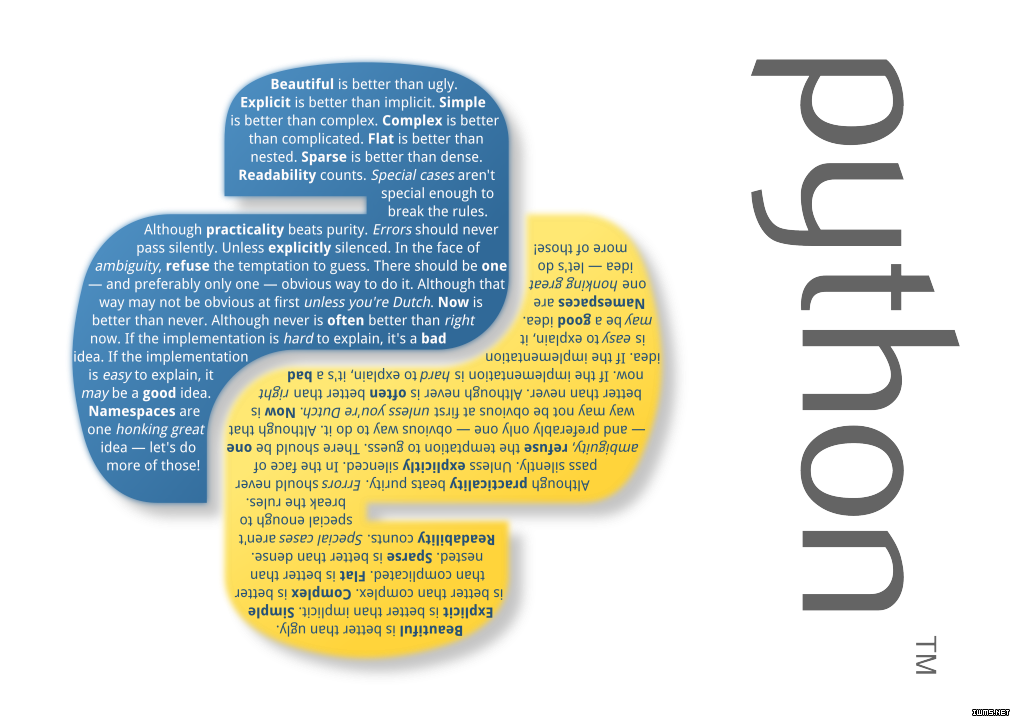
When I was writing a search component today, I wanted to select the search field based on whether the search was for all letters. So there is the following code: if q.isalpha(): query = query.filter(User.username.ilike(like_str))else: query = query.filter(User.realname.ilike(like_str)) But I found that even if there is Chinese is also judged as isalpha is true. The test found that the method isalpha in str is unreliable in judging Unicode. The default decoding of parameters in Flask is UTF-8. So you need to use encode('utf-8') to re-encode it and then use the function isal
1. Detailed introduction to isalpha

#Introduction: When writing a search component today, I want to select the search field based on whether the search is for all letters. So there is the following code: if q.isalpha(): query = query.filter(User.username.ilike(like_str))else: query = query.filter(User.realname.ilike( like_str)) But I found that even...
2. isalpha in Python 2.7 does not support unicode

Introduction: When writing a search component today, I want to select the search field based on whether the search is for all letters. So there is the following code: if q.isalpha(): query = query.filter(User.username.ilike(like_str))else: query = query.filter(User.realname.ilike(like_str))
3. Method in python to check whether a string consists of letters: string.isalpha()

Introduction: python string.isalpha() method The python string isalpha() method checks whether there is a string consisting of only alphabetic characters.
4. Understanding the basics of Python learning and string processing

Introduction: Python string processing string input: my_string = raw_input("please input a word:") String judgment: (1) Determine whether it is a pure letter my_string.isalpha() string search matching: ( 1) rere regular expression example 1: ^[\w_]*$ First, \w means to match any word character including an underscore, which is equivalent to '[A-Za-z0-9_]'. Then I followed _. Look at the * sign again: match the previous subexpression
##5. Usage of the isalpha() method for processing strings in Python
Introduction: This article mainly introduces the use of the isalpha() method for processing strings in Python. It is the basic knowledge for introductory learning of Python. Friends who need it can refer to it
[Related Q&A recommendations]:
python - Why does calling isalpha() or isalnum() return True for unicode Chinese strings?
The above is the detailed content of Detailed introduction to isalpha(). For more information, please follow other related articles on the PHP Chinese website!
 What plugin is composer?
What plugin is composer?
 Can data between Hongmeng system and Android system be interoperable?
Can data between Hongmeng system and Android system be interoperable?
 How to open nrg file
How to open nrg file
 What does Matcha Exchange do?
What does Matcha Exchange do?
 How to use the datediff function
How to use the datediff function
 How to represent negative numbers in binary
How to represent negative numbers in binary
 oncontextmenu incident
oncontextmenu incident
 What keys do arrows refer to in computers?
What keys do arrows refer to in computers?
 WeChat Moments, two dashes and one dot
WeChat Moments, two dashes and one dot




